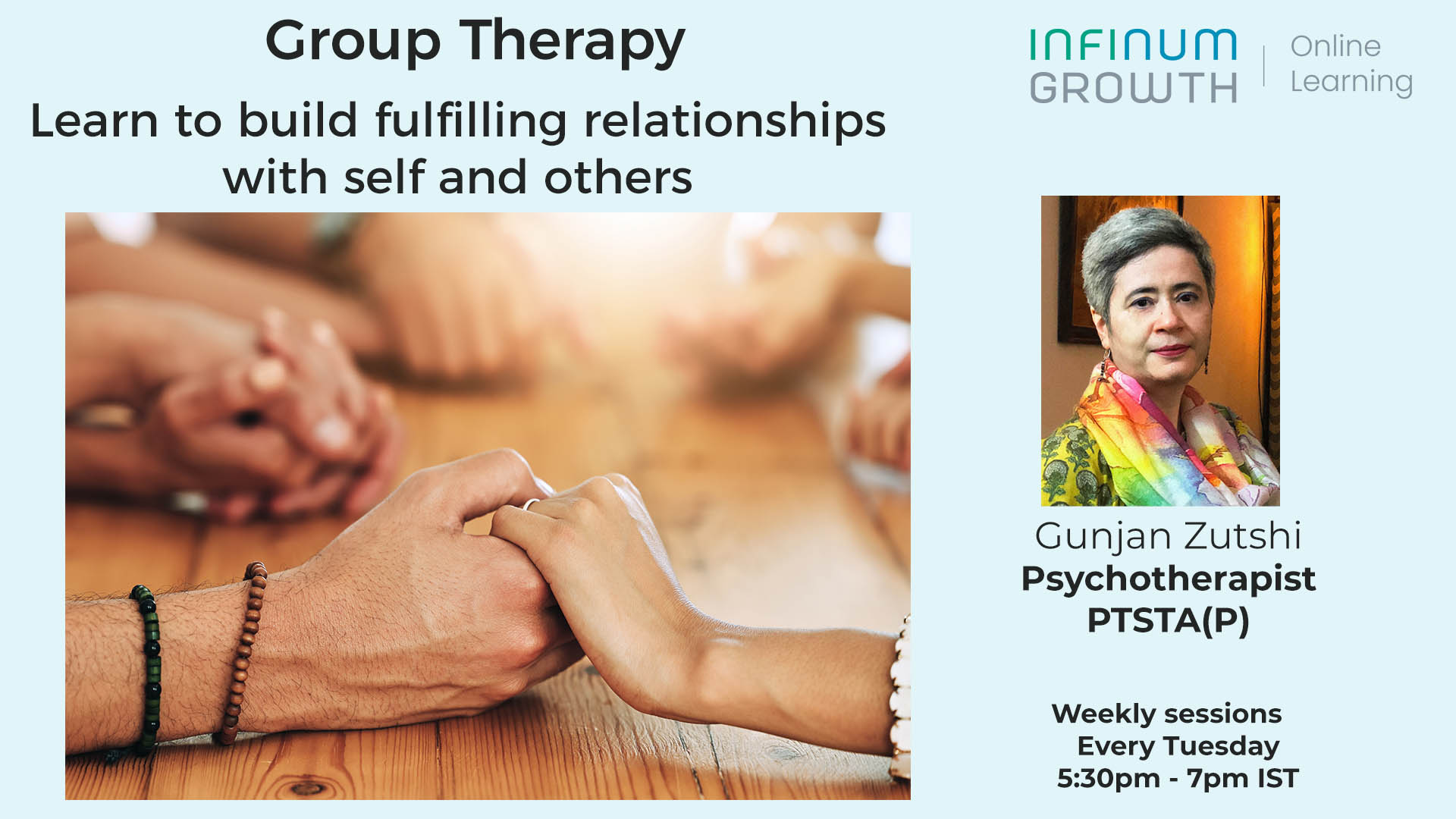Workplace Stress or Work related Stress isn’t new. While economic growth and technological advancement have helped to a great extent, in improving the external quality of our lives, we still have a long way to go as far as the internal quality of our lives is concerned.
Working professionals – be they corporate employees, startup entrepreneurs or self-employed professionals – all go through work related stress, that often goes unnoticed. Stress, today has become a part of their normal work scenario and is taken as a given.
While some amount of stress is actually good from a productivity perspective, not all stress can be termed as good. Work related stress impacts the body and mind, in the medium-term and long-term, in different ways.
From ailments related to digestion, body aches, breathing, heart related issues etc.; to anxieties, short temper and sleep related issues; stress slowly but surely leaves its effect on the individual’s overall well-being.
The discomfort, in turn, affects inter-personal interactions in personal and professional life, impacting relationships with family, friends, teams and superiors.
So, the question that comes up is – Do we have a choice when it comes to stress? Or is it a part and parcel that one needs to get accustomed to?
What is the choice with Work Related Stress?
The answer lies in an age-old technique which has its roots in India. It was called Smriti in Sanskrit and Sati in Pali language. The western term for this technique is Mindfulness.
It is one of the oldest skills of mankind; that was almost an intuitive part of daily life, in the times when work and life were simple routines.
With complexity and performance pressures creeping into lives, work or personal life are anything but routine; and time is the biggest casualty.
However, there is hope. Mindfulness is making a strong comeback into professional lives globally; with different cultures connecting back to their own roots and also learning from others; and reviving focus on peace of mind and happiness.
Some examples of Mindfulness focus in corporates
Before we go further, here are some examples of large corporates bringing employee focus on Mindfulness to combat work related stress.
Google –
- Search Inside Yourself – Google’s most popular mindfulness course started in 2007
- Participants’ report – being calmer, more patient and becoming better listeners; boost resilience to stress and improve focus
Aetna –
- Mindfulness At Work – 2 programs on mindfulness for its employees as well as its customers in 2010
- Participants’ report – significant improvement in how they were able to handle stress for programs presented in person or online
Intel –
- Awake@Intel – mindfulness program launched in 2012
- Participants’ report – a two-point decrease (on a scale of 1 to 10) in stress and feeling overwhelmed, a three-point increase in overall happiness and well-being, and a two-point increase in new ideas, insights, mental clarity, creativity, ability to focus, quality of relationships at work, and level of engagement in meetings, projects, and team efforts.
Source : Harvard Business Review
Mindfulness can be learnt and be made a part of daily life
The good news in all this is that mindfulness is a skill that can be learnt; And, as with any other skill, there are techniques to be learnt and then put to practice in a committed way.
While there are many schools of thought around mindfulness, one such globally popular school of thought is Unified Mindfulness. Founded by Shinzen Young – a neuroscience consultant and mindfulness teacher, with over 40 years of practice, mindfulness is defined as a combination of 3 attentional skills, which can be learnt, for rewiring the brain for happiness.
These 3 skills are – Concentration power, Sensory Clarity and Equanimity.
The Unified Mindfulness approach is a system which is used by leading institutions like Harvard and Carnegie Mellon for their research on meditation.
For more info, read this article by Sathyanarayan Iyer about Unified Mindfulness and the 3 attentional skills.
Mindfulness reduces Work Related Stress
Mindfulness has an amazing impact on one’s life in almost a 360 degree way. The key advantages are –
- The ability to withdraw from the noise in the head and around us, bringing focus to the task on hand, without nagging worries and anxieties.
- It thus helps be in the here and now; and complete tasks on time and effectively.
- In turn, it increases the capacity to handle more work efficiently, improving productivity.
- Mindfulness makes us more sensitive to others, improves our listening skills and thus enables one to lead teams more effectively.
- The Equanimity it provides helps in improving inter-personal relationships, at the workplace and in personal life, as the calmer disposition ensures better communication.
Mindfulness therefore is that one critical skill that not only ensures management of work-related stress; it actually improves life experiences at the workplace and in personal life.
Equally important, at the workplace, it enables growth in one’s management and leadership capability – a core essential for those aspiring to take on larger leadership roles.
Check out this learning video by Sathyanarayan Iyer – Unlocking Mindfulness – Connecting with Oneself
Please do leave your comments at the bottom and do share with others if you like this article.



















These are The Easy Ways to Reduce Stress at Work. Put these suggestions to practice, this will helps to reduce office stress and manage day to day work easily.